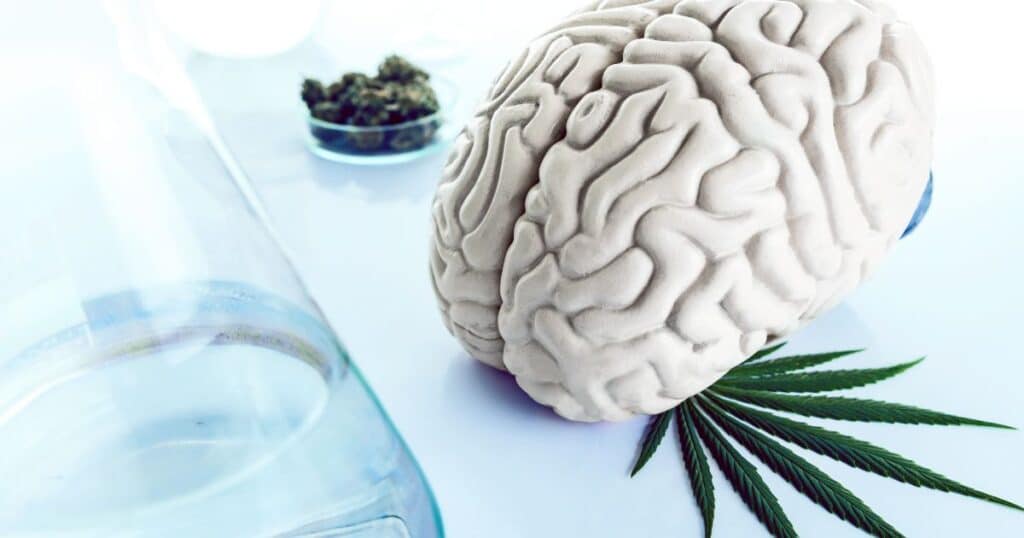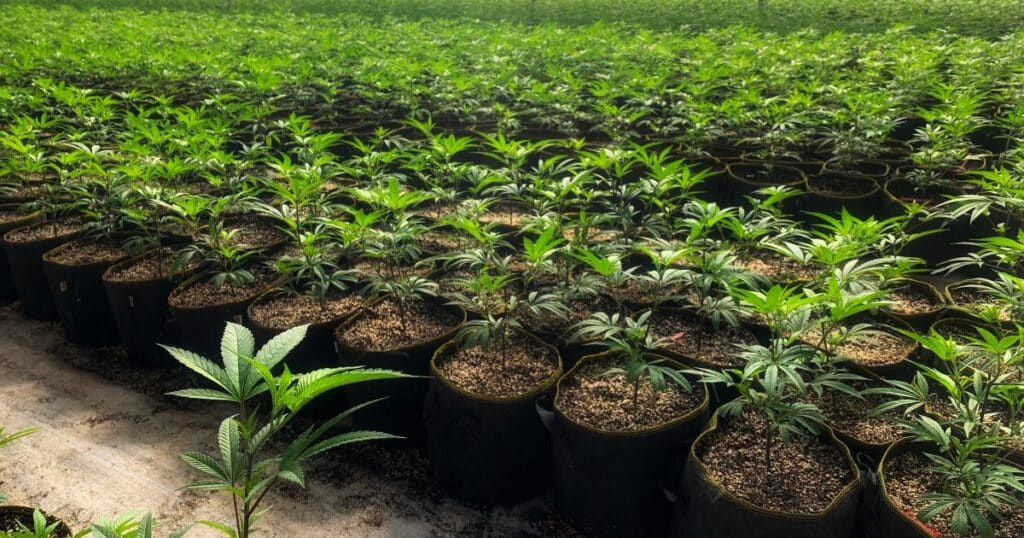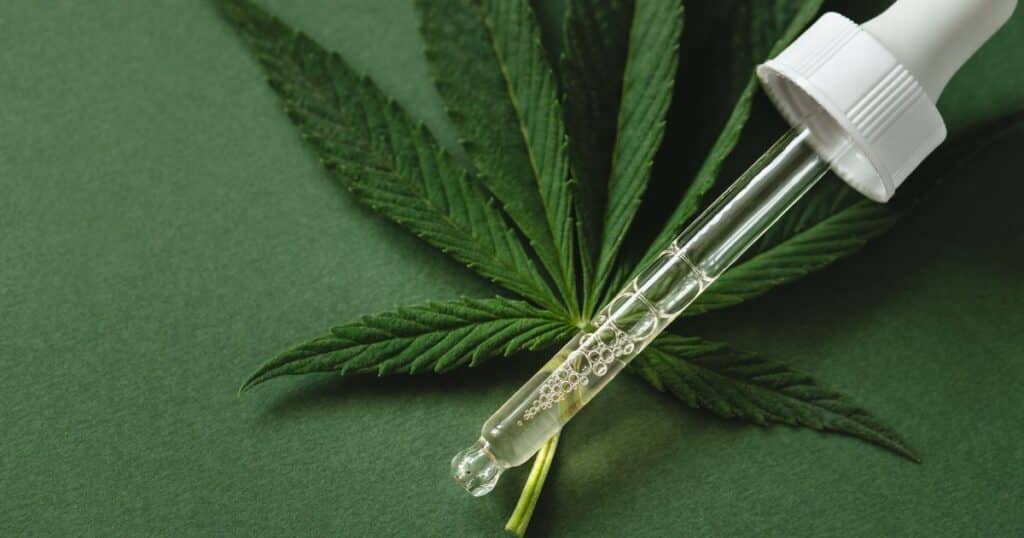With the growing acceptance and legalization of cannabis, many people are turning to it as an alternative remedy for various ailments, particularly insomnia. Concerns about cannabis and next-day cognitive performance, including potential impairment in driving, have persisted. However, a recent study has provided substantial evidence that using cannabis before bedtime does not cause next-day impairment of cognitive abilities or driving performance.

The study, conducted by a team of researchers from Macquarie University in Sydney, the University of Sydney, Royal Prince Alfred Hospital in Sydney, Griffith University, and Johns Hopkins University, aimed to investigate the next-day effects of cannabis on cognitive and driving performance. The research involved 20 adults (16 females, average age 46.1 years) diagnosed with insomnia who infrequently used cannabis.
Researchers administered either a placebo or a cannabis oil containing 10 mg THC and 200 mg CBD to participants in a randomized, double-blind, crossover trial. They then observed the participants for 24 hours to evaluate their cognitive function, simulated driving performance, subjective drug effects, and mood the next day.
Key Findings on Cannabis and Next-Day Cognitive Performance
The study found no significant differences in next-day performance on 27 out of 28 cognitive and psychomotor function tests and simulated driving tasks between the cannabis and placebo groups.
Specific findings include:
- Cognitive Performance: Almost all cognitive tests, including those measuring attention, working memory, and speed of information processing, showed no next-day effects of THC/CBD.
- Simulated Driving: No significant differences were observed in driving performance outcomes between the THC/CBD and placebo groups.
- Stroop-Color Task: A small reduction in accuracy (1.4%) in the Stroop-Color Task was observed, but this was deemed not clinically meaningful due to the high overall accuracy (>97%) in both groups.
- Subjective Effects: Participants reported a small increase in self-ratings of “sedated” 10 hours post-treatment, but no changes in ratings of “alert” or “sleepy.”
The study also highlighted that commonly prescribed sedative-hypnotics, such as benzodiazepines and zopiclone, impair next-day function, including driving ability. In contrast, the findings suggest that a single dose of 10 mg THC combined with 200 mg CBD does not impair next-day function in adults with insomnia.
“The results of this study indicate that a single oral dose of 10 mg THC (in combination with 200 mg CBD) does not notably impair ‘next day’ cognitive function or driving performance relative to placebo in adults with insomnia disorder who infrequently use cannabis.” the study researchers conclude.
Insights and Implications
The study’s findings offer promising news for those using cannabis as a sleep aid. Insomnia patients and cannabis enthusiasts can find comfort in knowing that evening use of cannabis does not lead to next-day cognitive or driving impairment. This aligns with the growing body of evidence supporting the safety and efficiency of cannabis for sleep enhancement.
The results also have broader implications for workplace safety and driving regulations. As cannabis use becomes more widespread, understanding its effects on next-day performance is crucial for developing informed policies. The study suggests that responsible cannabis use before bedtime does not compromise safety-sensitive tasks like driving the next day, which could influence future regulatory decisions.
Limitations and Future Research
While the study provides valuable insights, it has some limitations:
- Sample Size: The relatively small sample size may limit the statistical power to detect subtle effects.
- Single Dose: The study only examined the effects of a single dose of THC/CBD, precluding conclusions about the impact of repeated dosing.
- Individual Contributions: The design did not allow for the assessment of the individual contributions of THC and CBD to the observed effects.
The researchers of this study emphasized the need for larger studies in diverse patient populations to garner a more comprehensive understanding of cannabis’s next-day effects. They pointed out that their findings are based on a single dose of THC/CBD, and thus, further research is crucial to examine the impact of repeated dosing with THC, with or without CBD, on next-day cognitive and driving performance.

Overall, the study offers compelling evidence that cannabis use before bedtime does not result in next-day impairment of cognitive ability or driving performance. This is a significant finding for both cannabis enthusiasts and insomnia patients seeking effective and safe sleep aids. As cannabis continues to gain acceptance, studies like this are crucial in shaping public perception and informing regulatory policies.

















